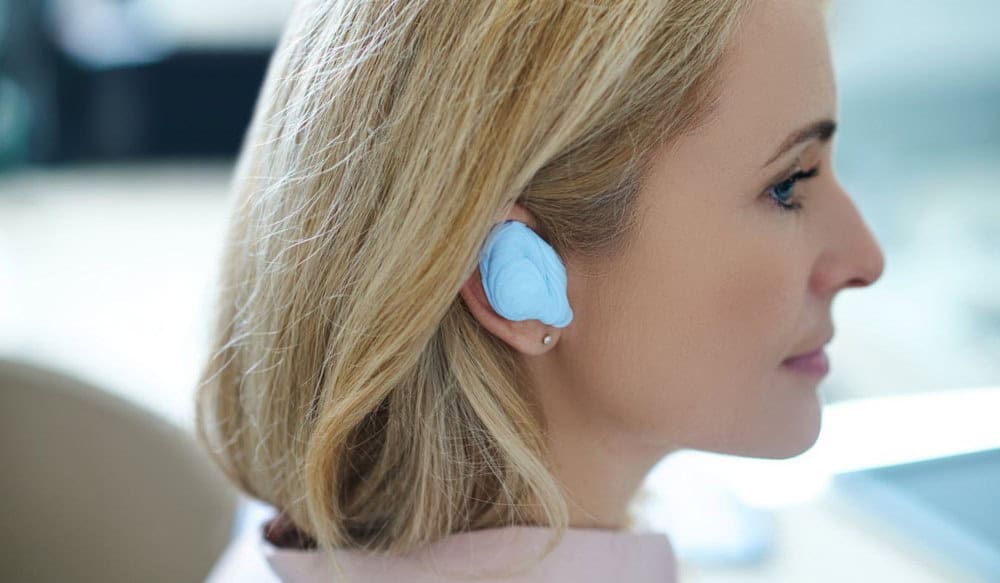Protecting Your Ears from Cold Wind
As autumn breezes sweep in, bringing crisp air and vibrant foliage, it’s
Our office is closing at 1:30pm on Dec 20th, at Noon on Christmas Eve and at 3pm on NYE. Happy Holidays!


As autumn breezes sweep in, bringing crisp air and vibrant foliage, it’s

Nosebleeds can catch you off guard, appearing suddenly and sometimes

Otitis media might ring a bell as a common cause of earaches in kids, but